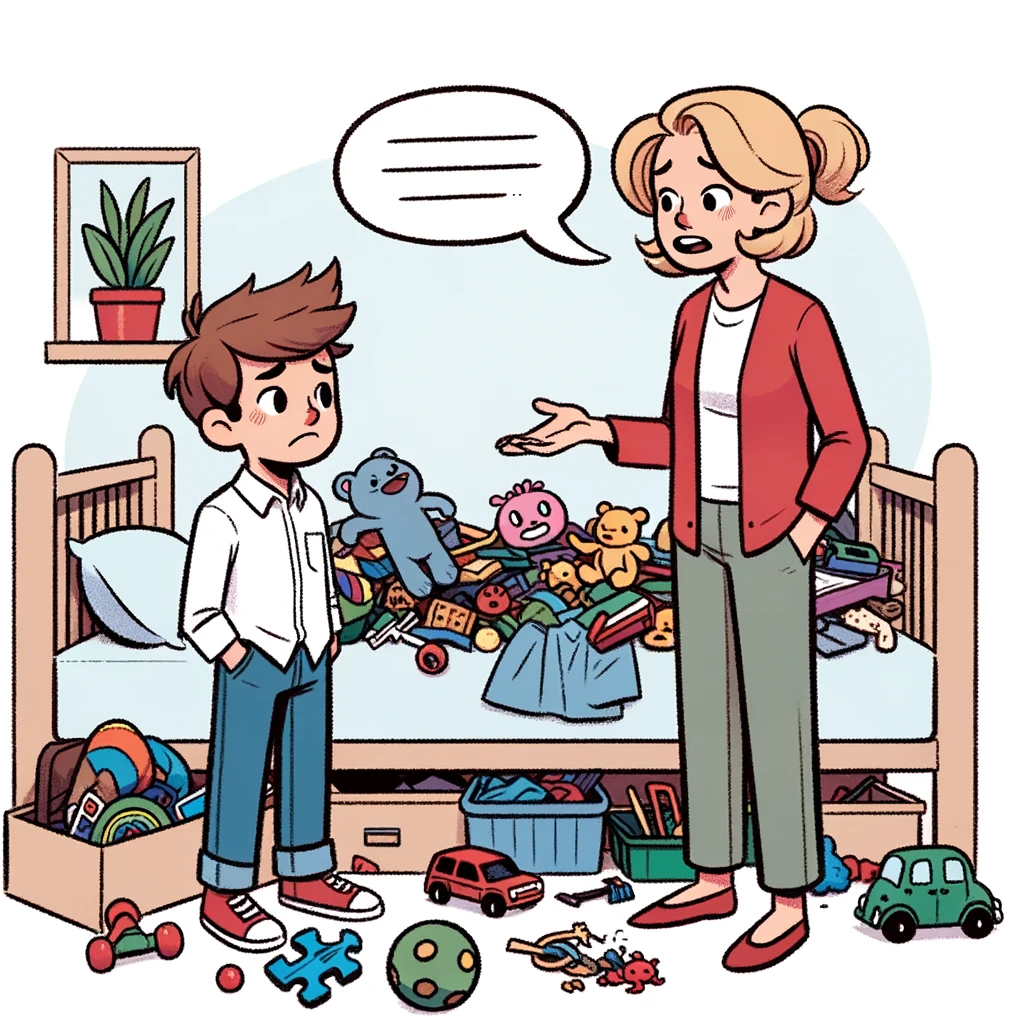Getting Others on Board with Organization: 5 Practical Tips

Organising a space, whether it’s a home, office, or any other shared area, can be a challenging task, especially when multiple people are involved.
The dynamics of different personalities, preferences, and habits can make the process even more complex.
However, the key to successful organisation lies in collaboration and understanding. Today, I’ll share five practical tips to help you get everyone on board with your organisation efforts.
1. Make it a Team Effort
When organising spaces that predominantly belong to someone else, it’s essential to approach the task as a team.
If you have a spouse or family member who is comfortable with you searching through their belongings, that’s great; if not, you’ll need to involve them in the process. When dealing with other people’s belongings or a shared location, the goal is to involve them and collaborate so that the space fits both of your needs.
For instance, when I helped my husband organise his desk, I realised the importance of involving him in the process.
Instead of merely instructing him to tidy up, we worked together to ensure the space met both our needs.
2. Give Advance Notice
If you’re planning an organising project, it’s always a good idea to seek help and delegate tasks. However, make sure to give as much notice as possible.
Informing others a few days or even weeks in advance can be beneficial. For those with tight schedules, marking the date on a shared calendar can serve as a helpful reminder.
3. Assign Tasks Based on Strengths and Preferences
Every individual has their strengths and preferences. When embarking on an organisation project, assess the tasks at hand and delegate them based on what each person excels at or enjoys doing.
This not only ensures efficiency but also makes the process more enjoyable for everyone involved.
4. Determine Specific Areas of Responsibility
Knowing who’s in charge of what can eliminate confusion and ensure that tasks get done.When everyone knows their specific areas of responsibility, it becomes easier to maintain order and keep organisational systems in place.
5. Be Specific with Kids’ Tasks
If you have children, being specific about their tasks can be a game-changer. For instance, instead of vaguely asking them to clean their room, instruct them to put dirty clothes in the laundry basket or place books back on the shelf. Clear instructions can make them more responsive and accountable.

6. Avoid Being Pushy
No one likes to feel pressured. While it might be tempting to urge a family member to declutter, it’s essential to respect their pace and decisions. Instead of cornering them into making immediate choices, provide them with options and time to decide.
7. Offer Choices
Gently suggesting items that might be ready for donation can be a tactful way to encourage decluttering. Present a small pile of items you believe they might part with and let them decide.
Remember, the final decision should always be theirs.
8. Lead with Action
Actions often speak louder than words. By maintaining organised spaces and showcasing the benefits of decluttering, you can inspire your family members to follow suit. Your organised wardrobe or tidy desk can serve as motivation for others to embark on their organising journey.
In conclusion, the key to successful family organisation lies in understanding, collaboration, and respect. By considering each member’s preferences and leading by example, you can create a harmonious and organised living space that everyone will appreciate.
Happy organising!
Not sure how to get started decluttering?
Get your free 8 Tips to Get Started Decluttering When Overwhelmed PDF!
I am going to help you move forward knowing how to get the motivation to get started on your decluttering journey and most importantly keep going. Follow these tips and watch your home become clutter free!

